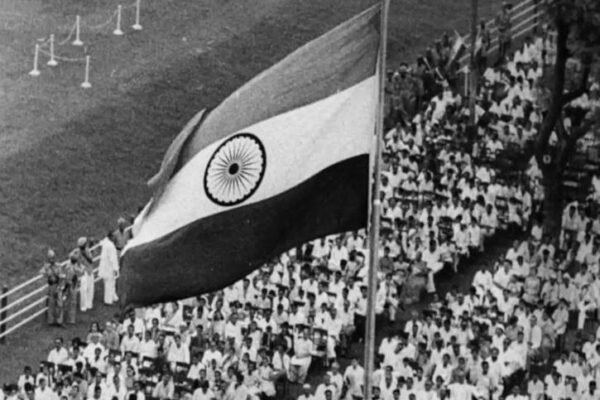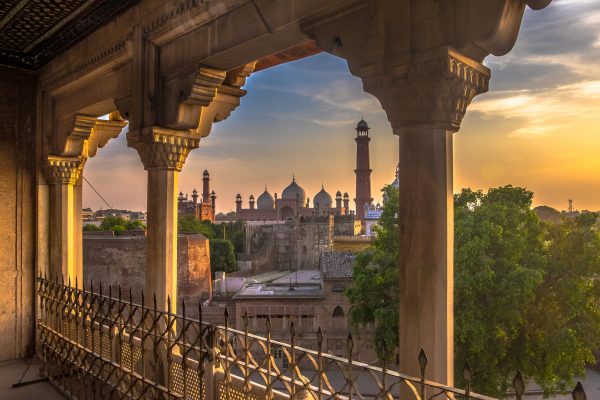It’s been five days and the Indian escalation on Kashmir has been met with a nervous response at best and outright condemnation at worst.
Since then, Pakistan has downgraded diplomatic ties and announced a trade ban with India, including a banning of all Bollywood content. Imran Khan has vowed to champion the Kashmiri cause through diplomatic channels, in the hope that he can pressure India to backtrack through international pressure.
Very few countries have come out backing India in its move. China has condemned India for its move, citing concerns of stability and territorial claims it has on the Kashmir area. Turkey has backed Pakistan on its stance on Kashmir.
Others have been more cautious. The US and Iran have simply stated that Pakistan and India has to show restraint and talk. Only the UAE, bizarrely, had the audacity to go out in support of Modi.
Whilst Modi has been able to enjoy internal support for the move, its hard to see how he can galvanise international support, especially given that the US is nervous to take a stance, and China, an ally of Pakistan, is opposed to the move. Other members of the UN Security Council are largely indifferent. At least for now.
There is also still the issue of the revoking of Article 370 by India’s Supreme Court. If they overrule the decision, it could put Modi in a difficult position between the populist fever he helped create and the rest of India that sees him as a usurper of democracy.
The Israeli Influence
The Hindutva rising has not happened in isolation, however. Israel has played a significant role in escalating the conflict.
Since Modi came to power, India quickly became the largest market for Israeli arms in the world. In 2017, India paid £530m for Israeli arms products, such as radar systems, ammunition and air-to-surface missiles. In 2018, Modi and Netanyahu agreed to a $2bn arms deal.
The Israelis filmed joint exercises of both their own “special commando” units and an Indian delegation, training in the Negev desert, with all the expertise supposedly learned by Israel in Gaza and other civilian-dense battlefronts.
Akiva Eldar, a Tel Aviv-based Israeli analyst and writer for Al Monitor, said to Al Jaezera:
It’s all about the money. The Israeli arms industry is thirsty and hungry for new markets, and India is a very good market for it. They do not care about what Pakistan is going to say, neither about Kashmir. It is good money and the industry is a very strong lobby in Israel.”
The relationship stretches into diplomatic warmth and ideological synergy too.
During Netanyahu’s 2018 visit to India, Netanyahu told Modi: “Indians and Israelis know too well the pain of terrorist attacks. We remember the horrific savagery of Mumbai. We grit our teeth, we fight back, we never give in.”
Of course Netanyahu was tapping into the already successful BJP narrative that Muslims are somehow oppressors of the Hindu people. There is a natural symmetry between the way Israel, in particular Netanyahu’s Likud Party, has used Islamophobia in their oppression of Palestinians and the BJP’s propaganda on Muslims, especially in reference to Kashmir.
Shairee Malhotra pointed out in Haaretz:
Israel’s biggest fans in India appear to be the ‘internet Hindus’ who primarily love Israel for how it deals with Palestine and fights Muslims.”
This is a clear example of how Israel is leveraging Islamophobia to sustain and further their own interests. Yet so few Muslims have properly absorbed this lesson.
When we do, we begin to see the true cost of our negligence towards the Palestinians. For many, it was, and still is, simply seen as something that is happening to the Palestinians and no one else. In the West, it has been largely non-Muslims who have been carrying the Palestinian Cause.
Substantial research has been conducted of how the Islamophobia in the West is supported and furthered by Zionists. Big profile European Islamophobes, such as Geert Wilders, Katie Hopkins, and Tommy Robinson (real name Stephen Yaxley-Lennon), all describe themselves as ardent Zionists.
Paying the Cost of Apathy
The true cost of neglecting the Palestinian struggle has been the presence of global Islamophobia. It has justified draconian racist laws, illegal occupations and wars, provided rational for autocratic Arab regimes to clamp down on dissents, and has directly led to unprecedented hate crimes and genocide.
Are we going to do the same now when it comes to the Kashmiris? Or are our priorities and behaviour going to change?
Despite the lack of open support India is getting around their escalation on Kashmir, it would be foolish to simply allow the situation to unfold. That would only give Modi and his government more time to manoeuvre the situation.
We need protests, lobbying of political representatives, and constant sharing of information. There needs to be noise on the issue. That will define the narrative and keep the story at the top of the agenda.
We also need to strongly consider the boycott of India itself, or at least celebrities and companies that support the neo-Nazi BJP. They have flounced their own democracy and created environment of lynching and raping Muslims in India to achieve their aims. A party as ideological as them will not talk to reason or morality.
They must face pragmatic realities that any nation state must face. Boycotting helps creates those conditions from the grassroots.
Pakistan has led the way on this by already ceasing trade and banning of Bollywood films in their country. However, there is little trade between the two nations. India’s biggest exports are the EU and the US, making up over a third of exports (37.3%). That brings us as consumers and campaigners into the centre ground.
Yet when I illustrate this point, I feel uneasy that it will fall on deaf ears.
Will Muslims forsake their petty luxuries and mindless entertainment to stand in solidarity with their Kashmiri brothers and sisters? Or will they choose apathy and resignation as we have with Palestinians? I’m not sure.
What stopped them from boycotting Israel that won’t stop them boycotting India? Will our masjids, who have great influence, play their part?
What it will take is for every single one of us to educate and challenge our families, masjids, local shops, supermarkets, and big businesses? It will need work and sacrifice.
If we fail again, we only invest more global Muslim suffering into our future. But if we succeed, then it could be the turning of the tide. Both futures will be hard, but which one would you rather sacrifice for?





